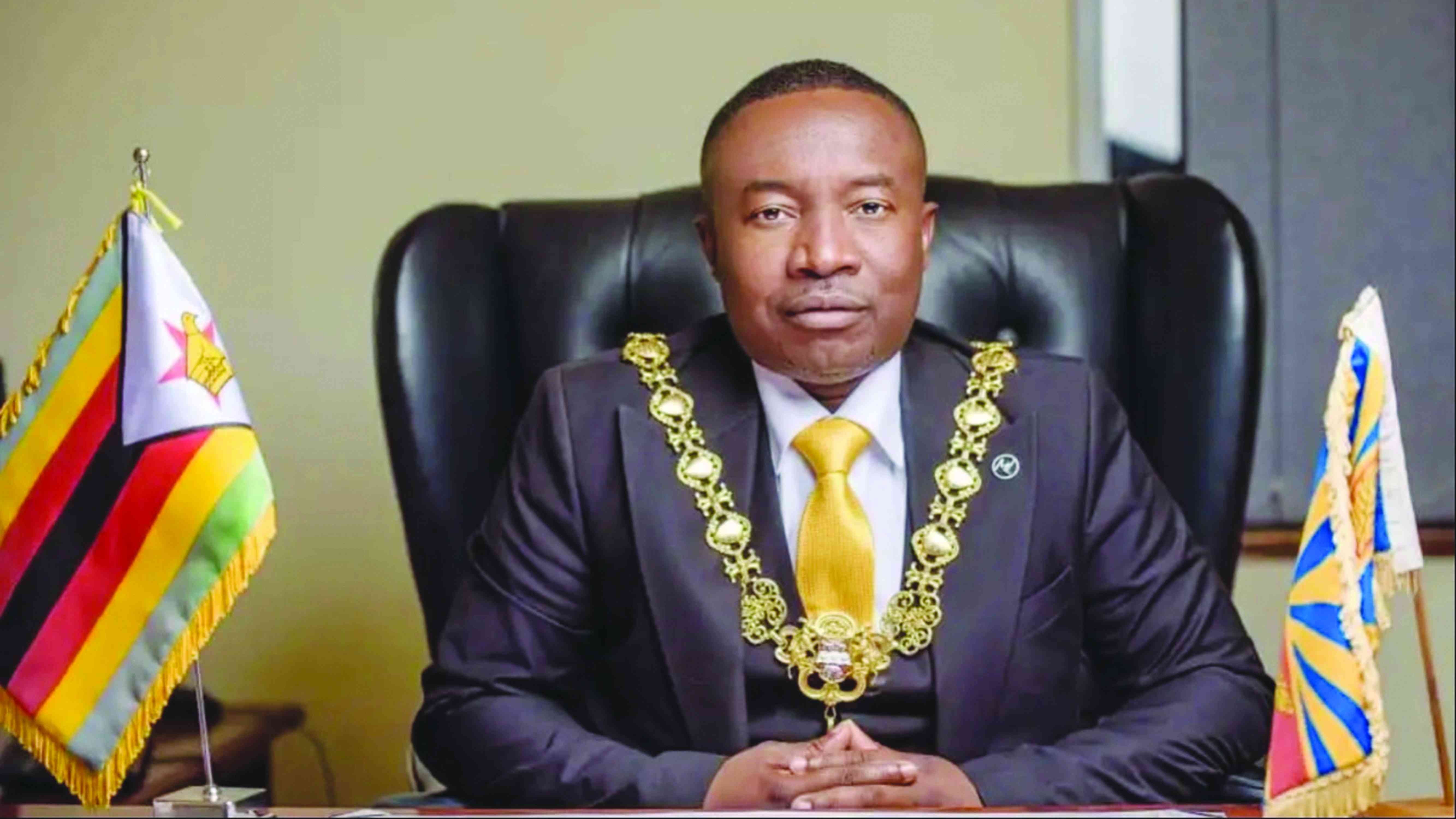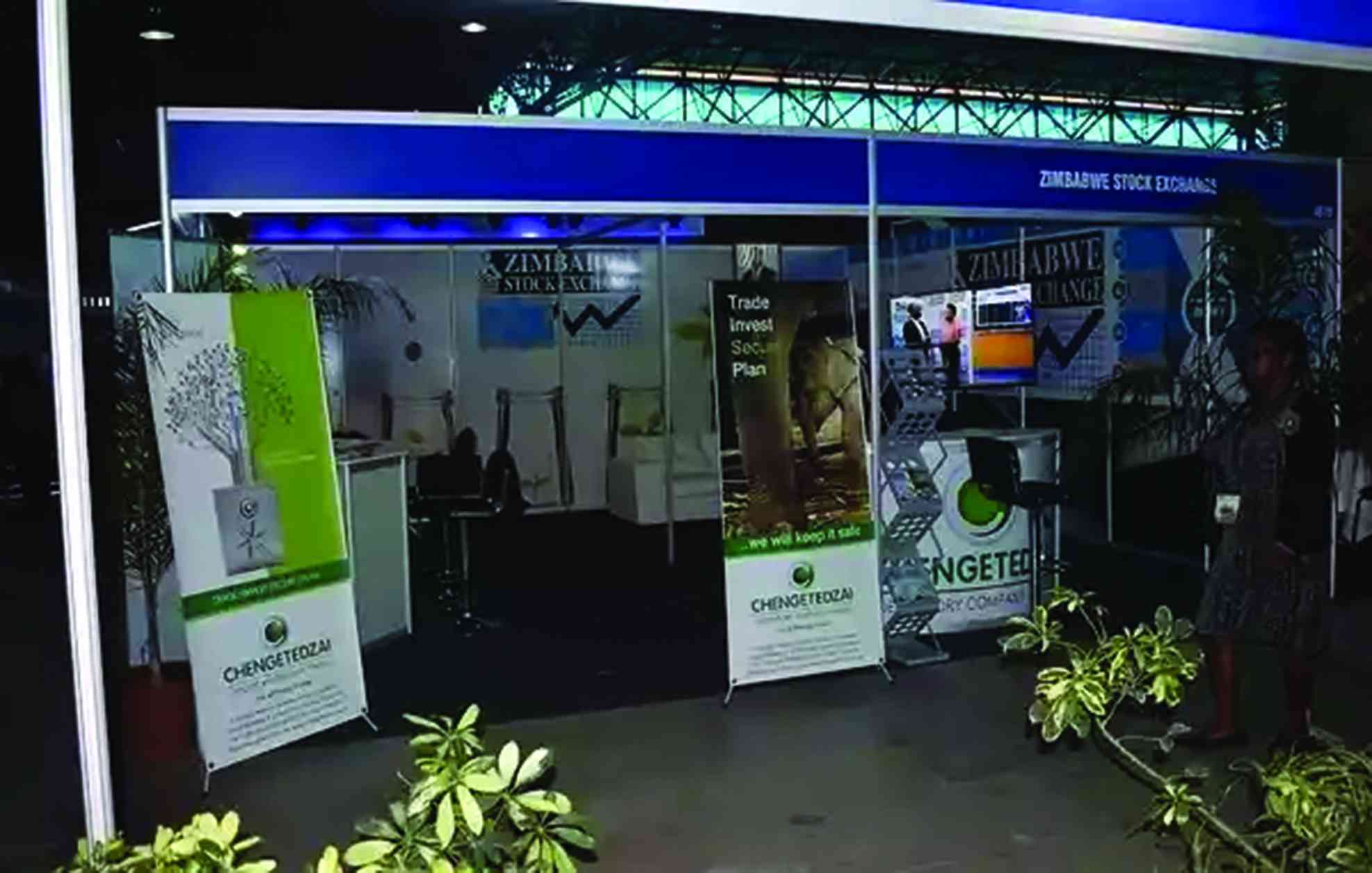
ZIMBABWE has paid a US$10 million interest on a US$1 billion windfall extended by the International Monetary Fund (IMF) about two years ago to boost the economy post-Covid-19 pandemic.
The US$10 million was part of several settlements made to external creditors during the period to September 2024, according to official documents.
Zimbabwean firms offloaded 500 000 workers in April 2021, according to the World Bank, after Covid-19 affected their operations.
Write downs in the key tourism industry hit US$1 billion, the biggest such fall in 40 years.
But as Harare struggled to access international credit to reboot its economy due to its high-risk profile, the IMF’s intervention came as a timely boost.
According to the Zimbabwe Public Debt Management Office (ZPDMO), the southern African country settled a total of US$145 million to service its external debt by September.
Zimbabwe’s external debt stands at about US$12,3 billion.
“Zimbabwe also paid US$10,50 million Special Drawing Rights (interest). The government made external debt service payments amounting to US$145,78 million from January to September 2024, comprising of active portfolio, US$38,61 million, legacy debts of US$103,35 million and token payments of US$3,83 million,” ZPDMO said in its report.
- Dual economy Zim’s Achilles heel
- Village Rhapsody: How Zimbabwe can improve governance
- Dual economy Zim’s Achilles heel
- Scrap IMTT to save industry, govt urged
Keep Reading
Official documents revealed that the country also paid US$14 million to the China-Exim Bank as part of the external debt service payments.
The Zimbabwe Independent last week reported that the country is restructuring repayment terms for Treasury Bonds (TBs) maturing this quarter and beyond, as it grapples with mounting settlement costs and the threat of default.
TBs — short-term debt securities issued by governments to raise funds — were expected to reach high levels in 2033, according to government.
Among several projects, government allocated US$30 million of SDRs to a revolving facility for the horticultural sector.
In an interview with NewsDay last year, then Lands, Agriculture, Fisheries, Water and Rural Development permanent secretary John Basera said there had already been significant improvements in production of several horticultural crops after the injection.
“The horticultural sector is fast expanding given the commitment by government and the subsequent successful establishment of the US$30 million horticulture export revolving fund, where horticulture exporters have already started benefiting,” Basera said.
“A specific example is the export blueberry production, which increased by 34% from 3 500 metric tonnes (mt) in 2021 to 4 700mt in 2022.
“This subsector is poised to reach an output of 6 500mt by end of 2023 from a planned land area of 470 hectares. The same growth trend subsists on all the other horticulture subsectors,” he said.










